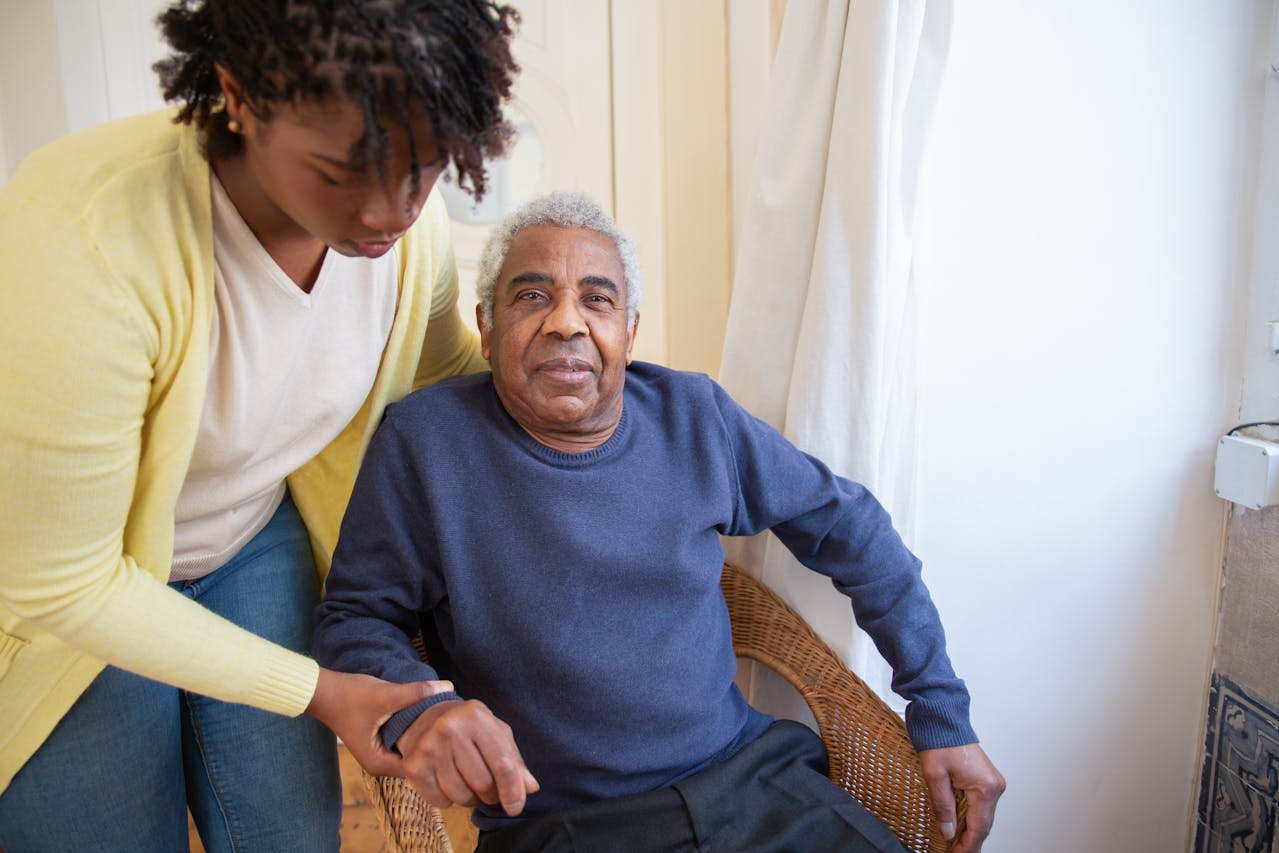
Struggling with substance abuse is not a sign of weakness—it’s a complex medical issue that requires understanding, patience, and the right treatment to overcome. For men who are making the courageous decision to seek rehabilitation, the path to recovery is a unique and vital one, filled with various approaches that cater to individual needs.
Navigating the world of rehab programs can be overwhelming, and men need to be well-informed before they take the plunge into recovery. Here, we’ll explore the essential elements of substance abuse rehab through the lens of what every man should know, whether it be yourself or someone you care about, to pave the way for a successful, long-term recovery.
Table of Contents
Understanding the Stigma of Men and Addiction
When it comes to addressing substance abuse, societal expectations of masculinity often create further barriers to seeking help. Men are typically raised to be stoic, to keep their emotions in check, and to resist showing vulnerability. These ingrained traits can lead to a fear of judgment and a reluctance to admit the need for support, contributing to a disproportionately low rate of men entering rehab facilities.
The social stigma that surrounds substance abuse and mental health can be particularly restrictive for men, deterring many from voicing their struggles or pursuing treatment. But it’s important to recognize that asking for help is a courageous act, not a sign of failure. By acknowledging the impact of stigma, men can begin to break down these barriers and take the first step toward recovery.
Tailoring Treatment to Men’s Unique Needs
Men and women often face different challenges and experiences with substance abuse. Biological and psychological differences can influence the way addiction develops and the most effective approaches to treatment. Rehab facilities that cater specifically to men can offer a tailored environment that addresses these unique needs, fostering a more targeted and supportive recovery process.
Therapies that focus on assertiveness training, aggression replacement, and themes related to masculine identity can resonate more deeply with male patients. Recognizing the role of these factors in addiction and recovery can lead to more successful outcomes and a greater sense of improvement in one’s overall mental health.
The Role of Family and Social Support in Men’s Recovery
For many men, the support of family and friends is a crucial component of their recovery. Addiction does not only affect the individual—it can have a profound impact on relationships and the broader social network. Involving loved ones in the rehab process can help to repair these connections and build a robust support system for ongoing recovery.
Rehab programs that include family therapy and educational workshops can be particularly effective in helping loved ones understand and contribute to the recovery process. By addressing family dynamics and repairing interpersonal relationships, men can cultivate a supportive environment that is conducive to maintaining sobriety.
The Essential Tools and Techniques of Effective Rehab
Rehabilitation programs offer a suite of tools and techniques that men can use to manage their addiction and lead a fulfilling, sober life. From evidence-based treatments to complementary therapies, these programs provide a comprehensive set of resources tailored to each individual’s needs.
Cognitive-behavioral therapy (CBT), dialectical behavioral therapy (DBT), and motivational interviewing are just a few of the evidence-based approaches that can help men address the underlying issues that contribute to their addiction. Alternative therapies like art therapy, yoga, and equine-assisted therapy can also play an essential role in the recovery process, providing new outlets for expression and stress relief.
The Types of Therapy
Therapy is a core element of rehab programs, and various modalities cater to different aspects of the recovery process. According to the folks behind Bali Beginnings, individual therapy, group therapy, and recreational activities are key components of a balanced treatment regimen. Individual therapy provides a personal space for men to address their unique challenges and work through their thoughts and feelings in a one-on-one setting. Group therapy fosters a sense of community and allows men to learn from the experiences of others, while recreational activities provide an outlet for physical and emotional energy.
The Importance of Aftercare and Ongoing Support
Recovery from addiction is a lifelong process, and aftercare is critical to maintaining the progress made in rehab. Ongoing support through programs such as Alcoholics Anonymous (AA) or Narcotics Anonymous (NA), as well as regular therapy sessions and supportive living environments, can help men build a life free from the constraints of substance abuse.
Aftercare programs serve as a safety net, providing men with the tools and resources they need to manage triggers and temptations that may arise post-rehab. The focus on relapse prevention is ongoing and adaptive, ensuring that men have the best possible chance at a successful recovery.

The path to recovery for men dealing with substance abuse is a multifaceted one that demands an investment of time, energy, and a willingness to engage with the resources provided. By recognizing the unique challenges that men face and the specific approaches that can be most beneficial, individuals can pave the way for a successful rehabilitation experience.


